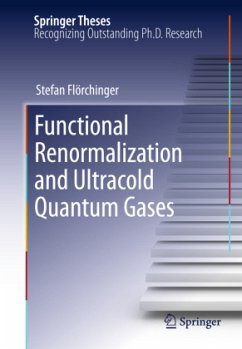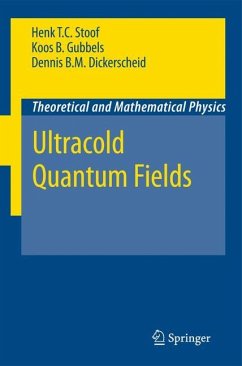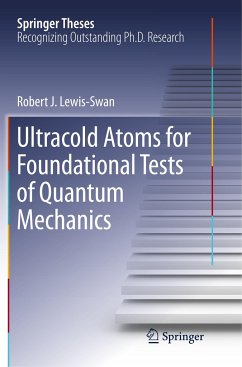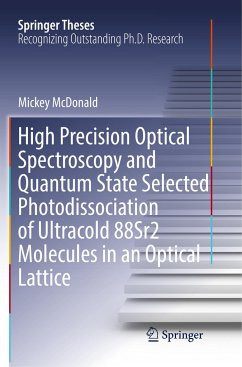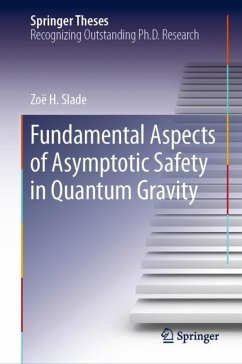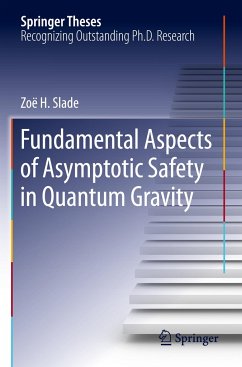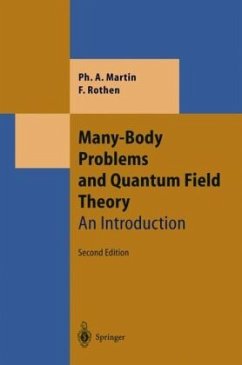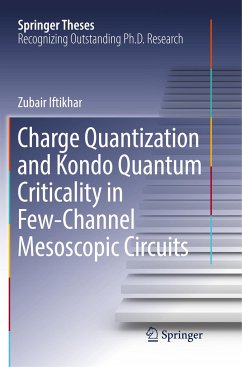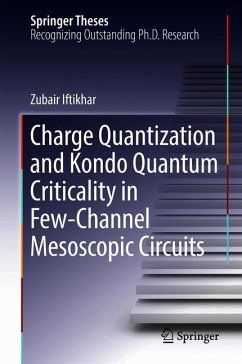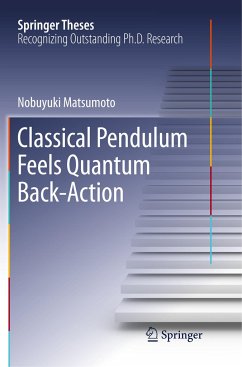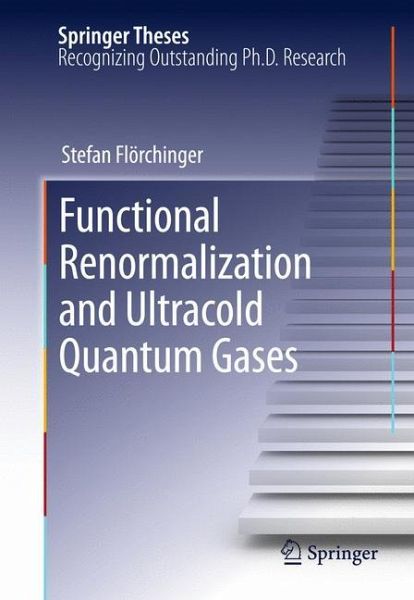
Functional Renormalization and Ultracold Quantum Gases
Versandkostenfrei!
Versandfertig in 6-10 Tagen
76,99 €
inkl. MwSt.
Weitere Ausgaben:

PAYBACK Punkte
38 °P sammeln!
Modern techniques from quantum field theory are applied to the description of ultracold quantum gases. This leads to a unified description of many phenomena including superfluidity for bosons and fermions, classical and quantum phase transitions, different dimensions, thermodynamic properties and few-body phenomena as bound state formation or the Efimov effect.The non-perturbative treatment with renormalization group flow equations can account for all known limiting cases by solving one single equation. It improves previous results quantitatively and brings qualitatively new insights. As an ex...
Modern techniques from quantum field theory are applied to the description of ultracold quantum gases. This leads to a unified description of many phenomena including superfluidity for bosons and fermions, classical and quantum phase transitions, different dimensions, thermodynamic properties and few-body phenomena as bound state formation or the Efimov effect.
The non-perturbative treatment with renormalization group flow equations can account for all known limiting cases by solving one single equation.
It improves previous results quantitatively and brings qualitatively new insights. As an example, new quantum phase transitions are found for fermions with three spin states.
Ultracold atomic gases can be seen as an interesting model for features of high energy physics and for condensed matter theory. The research reported in this thesis helps to solve the difficult complexity problem in modern theoretical physics.
The non-perturbative treatment with renormalization group flow equations can account for all known limiting cases by solving one single equation.
It improves previous results quantitatively and brings qualitatively new insights. As an example, new quantum phase transitions are found for fermions with three spin states.
Ultracold atomic gases can be seen as an interesting model for features of high energy physics and for condensed matter theory. The research reported in this thesis helps to solve the difficult complexity problem in modern theoretical physics.





